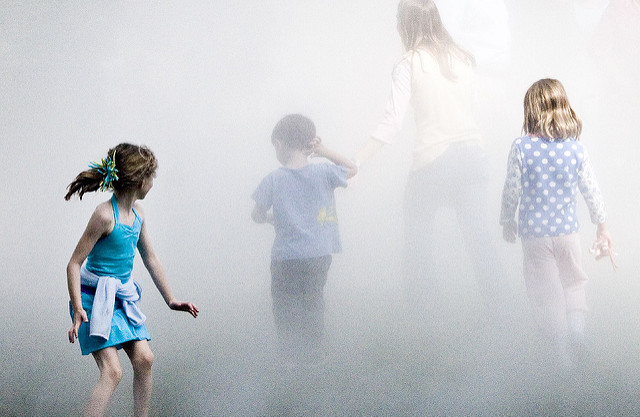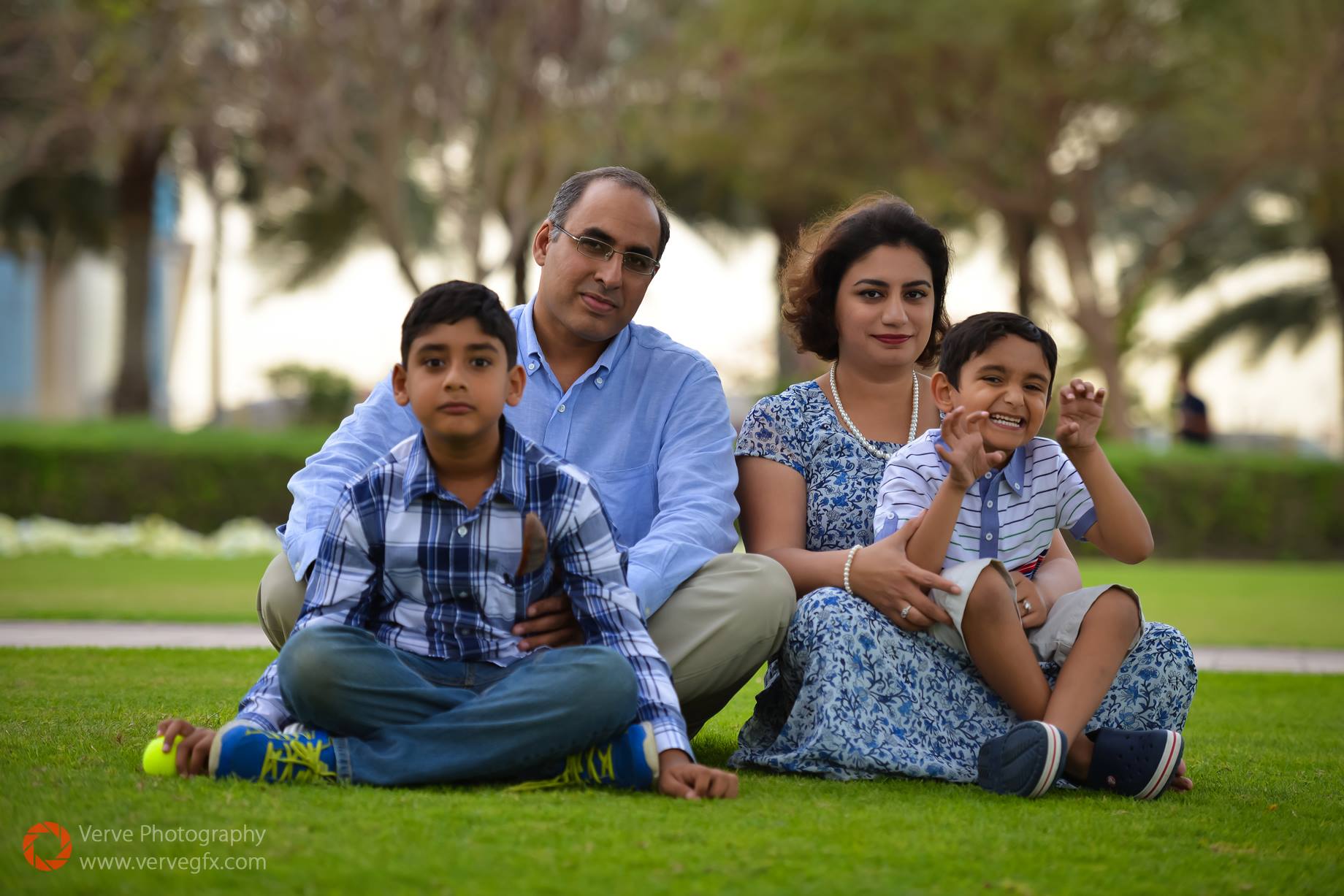Do you wonder how you can help foster kids? Have you considered becoming a licensed foster parent? Maybe you’re not sure how to get started or what it entails? I’m frequently asked the same questions regarding foster care and how to become licensed. In recognition of National Foster Care Month, I’d like to answer these questions and hopefully help get people started.
How to Become Licensed
The most effective way to help foster children is to become a licensed foster family. There is a great need for qualified foster homes. Before you choose a foster care agency, it is a good idea to ask some questions. It is helpful to speak to other foster parents that are licensed to see what their experience has been with their licensing agency. To become licensed, contact a local foster care agency and sign up for an orientation.
Once you have picked the licensing agency you are comfortable with, the first step is attending an orientation. Orientations are about two hours long, and both spouses are required to attend the orientation. After the orientation, the licensing process involves home visits, interviews, fingerprinting and background checks, and training. The agency will review the applicant’s monthly financial bills as well as income. This process may seem intrusive but it is essential to ensure the family is financially stable and cleared of any wrongdoing. This is to ensure the safety and well-being of foster children placed in your home. Once the licensing process is complete, the state will mail you a foster care license certificate.
All children want a safe, stable, and loving home. It is not necessary to have a certain income or live in a big home, as long as you have adequate space in your home for an extra bed for a child (a separate bedroom is not a requirement). Single parents are eligible to become licensed, as well as families with two working parents.
It is the agency’s goal to match the foster child with a family that is the best fit for them, and best able to meet the child’s needs. Foster families can specify gender, special needs, age, faith, the number of foster children, and more. Depending on what a foster family specifies as their criteria, some foster families may receive phone calls right away for a foster child placement, and other foster families may wait a long time to receive placement. We never know what child will enter the foster care system at what time.
Respite Care
Once you receive your license, another option is exploring respite care. Respite care is a short-term placement. It may be for a few days or a few weeks. Experiencing respite care will give the foster family an idea of what it is like to welcome a foster child to their home.
Fostering Refugee Children
Depending on where you live, you may have the option of refugee foster care. There are 23 cities in the US that offer licensing for refugee foster care through the Unaccompanied Refugee Minors Program. These cities are: Phoenix, AZ; Southern California; San Jose, CA; Denver, CO; Washington, DC; Miami, FL; Boston/Worchester, MA; Lansing, MI; Grand Rapids, MI; Jackson, MS; Fargo, ND; Rochester, NY; Syracuse, NY; Philadelphia, PA; Dallas/Fort Worth, TX; Houston, TX; Salt Lake City, UT; Richmond, VA; Tacoma, WA; Seattle, WA; Vancouver, WA; Spokane, WA; and Traverse City, MI.
Agencies will drive within an hour of these cities to license families for refugee foster care. The table below briefly describes some differences between domestic foster care and refugee foster care.
| Domestic Foster Care | Refugee Foster Care | |
| Ages | Newborn-18 yo | Teenagers, typically 16-17 yo |
| Genders | Male/ Female | Mostly males, some females |
| Goal | Reunification with birth parents, unless parental rights have been terminated. | Independent living once they age out of the system between the ages of 18-21 yo. |
| Parental Visits | If parental rights have not been terminated, the frequency of the required visits depends on the child’s age. | No parental visits. Birth parents are either deceased or “missing” outside of the US. |
| Adoption Eligibility | If parental rights have been terminated by a court, the child becomes eligible for adoption. | Not eligible for adoption, because birth parent rights were never terminated. |
| Place of Origin | Anywhere in the US. | Prior to coming to the US, refugee foster children live in refugee camps all around the world. They are only brought to the US once they have been matched with a licensed family. Most Muslim refugee foster kids, are currently coming from Africa and the Far East. None are coming from the Middle East at this time. |
| Trauma Experienced | Varies greatly and may include physical abuse, emotional abuse, neglect, substance abuse, removal from family. | Same as domestic, as well as new country, new language, new culture, likely to have experienced exposure to war. |
| Schooling | Likely to have experienced interrupted schooling. | Likely to have missed many years of formal schooling. |
| Licensing Procedure | 3-6 months starting with an orientation. | Same as domestic, plus minor additional steps such as TB screening for the foster parents. |
| Travel | Cannot travel outside the state of residence without the consent of birth parents or the court. | Cannot travel outside the state of residence without the permission of the court. |
Before you welcome a foster child, it is important to talk to your family and discuss the changes that are soon to come. Attend a local support group for foster families, even before you welcome a foster child. The best way to learn what to expect from fostering is from listening to other foster parents that have experienced the journey. Foster families are a great source of information for one another. Stay connected with the foster family community.
If you are not in a position to become a licensed foster parent, there are still many ways you can help foster children. You can contact a local foster care agency and become a tutor or a mentor for foster children. This does not require licensing but does require a background check. You may also offer to help a foster family with transportation to appointments. You can help the children by making a financial donation to cover some of their needs.
Being a foster parent is challenging and is a time commitment, however the rewards are immeasurable.
Ranya Shbeib is one of the co-founders of the Muslim Foster Care Association (MFCA) in Michigan, an organization which raises awareness for the growing need for Muslim foster parents and mentors. MFCA aims to provide ongoing support for foster children and foster families, provides Muslim foster children with Ramadan/ Eid gifts and Welcome Packages when they first enter the system. MFCA was started by foster parents and understands the needs and challenges of foster families. Please visit www.muslimfostercare.org to learn more.
Image: Credit





